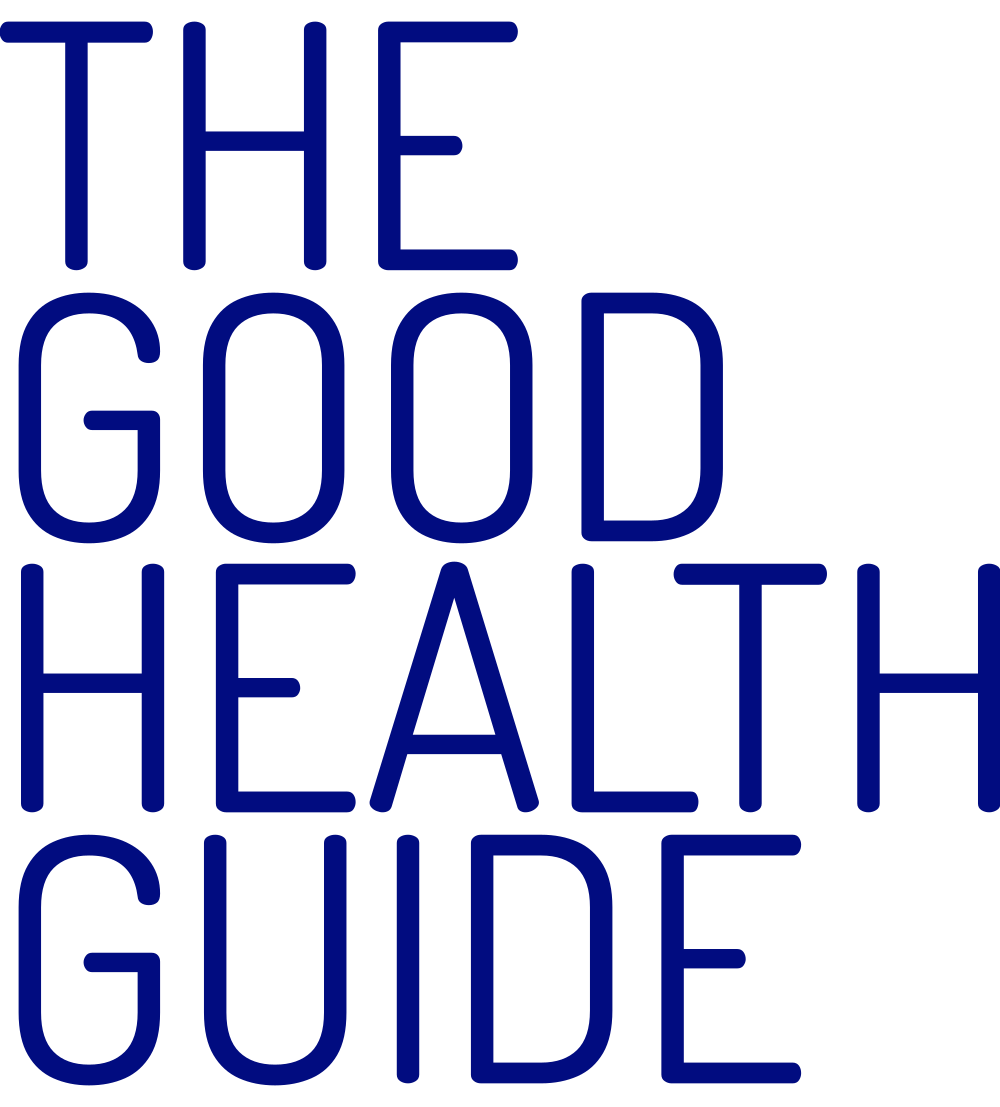Endurance athletes are known for their dedication to peak performance, pushing their bodies to the limit in pursuit of success. In this quest, many explore various avenues to enhance their endurance and overall athletic abilities. One such avenue is the use of herbal supplements, which have gained popularity for their perceived benefits. However, despite the allure of potential performance enhancement, a significant number of endurance athletes choose to avoid herbal supplements altogether. Let’s delve into the reasons behind this trend and explore alternative strategies for achieving optimal performance.
Importance of Performance Enhancement
Endurance athletes operate in a realm where the slightest improvement can make a significant difference. Whether competing in long-distance running, cycling, swimming, or any other endurance sport, athletes constantly seek ways to gain a competitive edge. Enhanced performance not only increases the likelihood of success but also contributes to overall satisfaction and fulfillment in their athletic endeavors.
Potential Benefits of Herbal Supplements
Herbal supplements have garnered attention for their purported ability to boost endurance, improve recovery times, and enhance overall athletic performance. Substances like ginseng, rhodiola, and ashwagandha are among the most popular choices among endurance athletes. These supplements are often marketed as natural alternatives to traditional performance-enhancing drugs, promising similar benefits without the associated risks.
Risks and Side Effects
Despite their widespread use, herbal supplements are not without risks. One of the primary concerns is the lack of regulation in the supplement industry, which can lead to inconsistencies in product quality and potency. Furthermore, herbal supplements may interact with medications commonly used by athletes, potentially leading to adverse effects or diminished efficacy.
Reasons Endurance Athletes Avoid Herbal Supplements
Despite the potential benefits, many endurance athletes opt to steer clear of herbal supplements altogether. One significant factor contributing to this decision is the uncertainty surrounding the safety and efficacy of these products. Without stringent regulation and thorough scientific research, athletes are wary of putting their health and performance at risk.
Additionally, the strict anti-doping regulations governing competitive sports serve as a deterrent for athletes considering herbal supplements. Many supplements contain ingredients that may result in inadvertent doping violations, jeopardizing an athlete’s career and reputation.
Natural Alternatives to Herbal Supplements
In lieu of herbal supplements, endurance athletes can explore alternative strategies to optimize their performance naturally. Nutritional interventions, such as consuming adequate carbohydrates and protein, play a crucial role in fueling workouts and supporting recovery. Similarly, lifestyle adjustments, including prioritizing sleep, managing stress, and incorporating cross-training activities, can contribute to overall performance improvement.
Expert Recommendations
Nutritionists, sports scientists, and other experts advocate for a balanced approach to supplementation for endurance athletes. While acknowledging the potential benefits of certain herbal supplements, they emphasize the importance of informed decision-making and individualized strategies. Consulting with a healthcare professional or registered dietitian can help athletes navigate the complex landscape of supplementation and optimize their performance safely and effectively.
Conclusion
In conclusion, while herbal supplements may hold promise as performance-enhancing aids for endurance athletes, many choose to avoid them due to concerns about safety, efficacy, and doping risks. Instead, athletes can focus on implementing evidence-based nutritional and lifestyle strategies to support their training and competition goals. By prioritizing informed decision-making and seeking guidance from qualified professionals, athletes can maximize their potential while minimizing unnecessary risks.
FAQs
- Are herbal supplements safe for endurance athletes?
- The safety of herbal supplements can vary depending on the specific product and individual circumstances. While some herbal supplements may be safe when used appropriately, others can pose risks, especially if taken in high doses or in combination with medications. It’s essential for athletes to research products thoroughly, consult with healthcare professionals, and be mindful of potential side effects.
- Can herbal supplements improve endurance performance?
- Some herbal supplements are claimed to improve endurance performance by enhancing energy levels, reducing fatigue, and supporting recovery. However, the scientific evidence supporting these claims is often limited and inconsistent. While some athletes may experience benefits from certain herbal supplements, others may not notice any significant changes. It’s essential to approach supplementation with caution and consider individual responses and needs.
- How do anti-doping regulations impact the use of herbal supplements?
- Anti-doping regulations are stringent in competitive sports, and athletes are responsible for ensuring that they comply with these rules. Many herbal supplements contain ingredients that are prohibited by anti-doping agencies due to their potential to enhance performance or cause adverse health effects. Athletes risk facing doping violations if they inadvertently consume prohibited substances through supplements, highlighting the importance of thorough research and cautious supplementation practices.
- What are some natural alternatives to herbal supplements for endurance athletes?
- Endurance athletes have several natural alternatives to herbal supplements that can support performance and recovery. These include consuming a well-balanced diet rich in carbohydrates, proteins, healthy fats, vitamins, and minerals; staying adequately hydrated; prioritizing quality sleep and rest; managing stress effectively; and incorporating cross-training activities to prevent overuse injuries and promote overall fitness.
- How can athletes ensure the quality and purity of herbal supplements?
- Athletes can take several steps to ensure the quality and purity of herbal supplements they consume. It’s essential to purchase supplements from reputable brands that adhere to good manufacturing practices (GMP) and undergo third-party testing for quality and purity. Additionally, athletes should carefully read product labels, research ingredients, and consult with healthcare professionals to verify the safety and efficacy of supplements before use. Regularly reviewing updated lists of banned substances from anti-doping agencies can also help athletes avoid prohibited ingredients.

